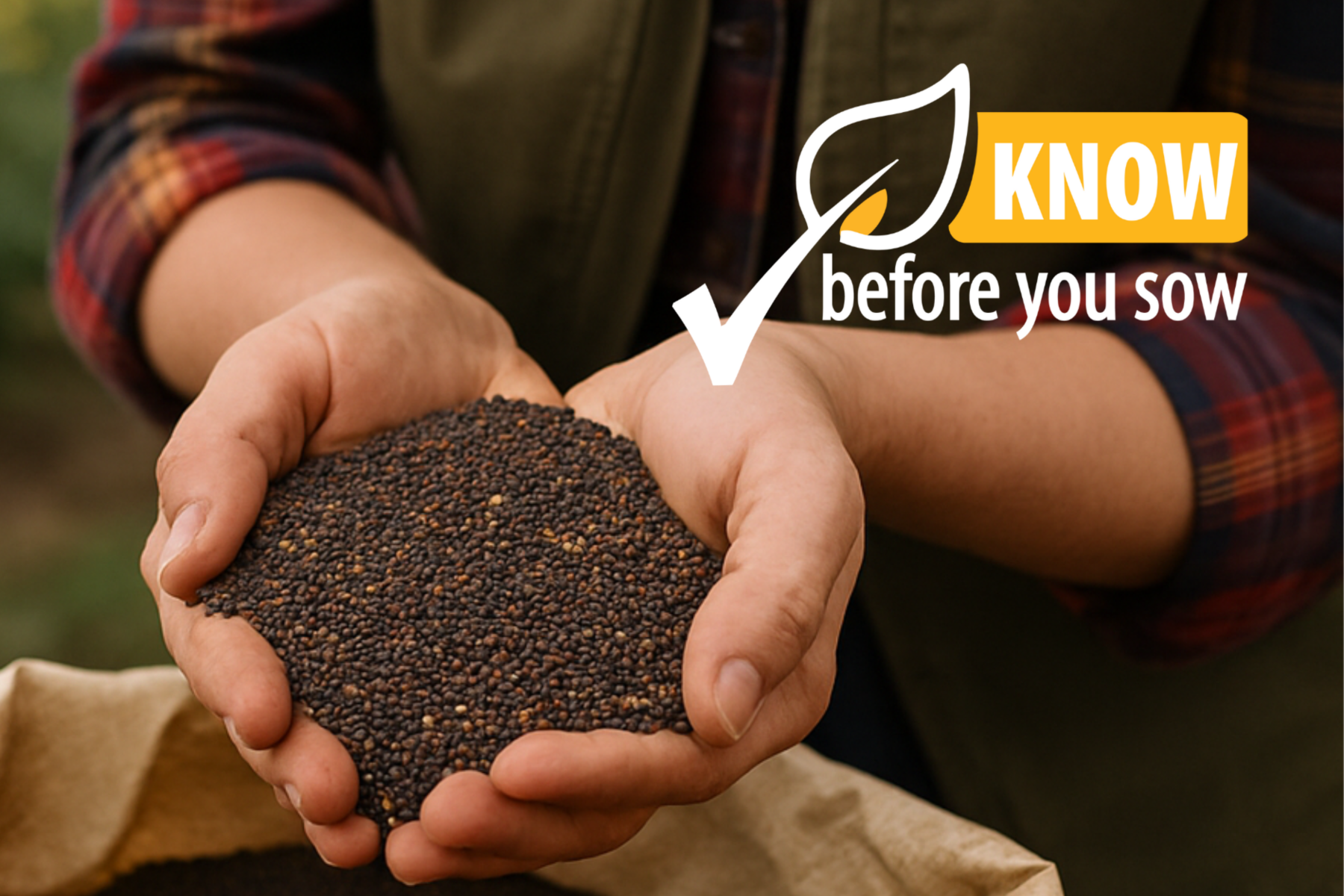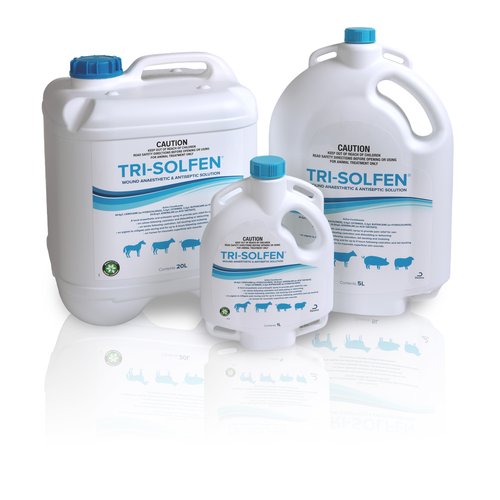The Australian Seed Federation (ASF) is reinforcing the importance of seed quality, transparency, and respect for plant breeders’ rights (PBR) in building a resilient and trusted agricultural sector.
As the peak industry body for the Australian seed industry, ASF represents stakeholders across the entire seed supply chain. from plant breeders and seed growers through to processors, marketers, and exporters.
ASF works nationally and internationally to promote high-quality seed, foster collaboration, and maintain strong industry standards that underpin Australian agriculture’s growth and reputation.
ASF chief executive Katherine Delbridge says the message is simple: quality seed matters, and everyone has a role to play in protecting it.
“Seed is the foundation of every crop and, by extension, our entire food and fibre system,” Katherine says.
“Choosing quality-assured seed gives growers confidence in what they’re sowing and supports strong yields, better plant vigour, and improved resistance to pests, weeds, and diseases,” she says.
“At the same time, we all share a responsibility to respect PBRs and avoid practices which undermine the innovation driving new varieties.”
The risks of poor-quality seed are well-known: lower germination rates, stunted growth, increased disease pressure, and inconsistent genetic performance.
These challenges can quickly turn into financial losses through reduced yields, the costs of replanting, or added chemical control.
ASF’s Know Before You Sow campaign directly addresses these issues by encouraging growers, agronomists, and advisers to source only certified or quality-assured seed.
A central part of the campaign is the Know Before You Sow checklist, which helps growers assess seed quality and biosecurity before buying.
The checklist and a short video message from Katherine introducing the checklist can be found at www.ausseed.org.au/seeds/know-before-you-sow/
“Cutting corners on seed is a false economy,” she says.
“Every grower deserves certainty about the seed they are purchasing, and every adviser should feel confident recommending it.
“Certification and quality assurance are the clearest signals that a seed meets industry standards and can be trusted to deliver results.”
ASF members commit to following the ASF code of practice for labelling and marketing of seed, which requires clear information about seed variety, certification, and quality.
This protects buyers from misleading claims, sets a benchmark for ethical conduct, and helps build a trusted marketplace.
The ASF member directory is also available online to help growers identify trusted suppliers across Australia.
Certification additionally provides an Australian ‘stamp of approval’ for export markets, ensuring seed meets strict international requirements.
One of the most pressing concerns for the industry is the on-selling of seed without proper authorisation or labelling.
In some cases, unmarked seed has been distributed in plain bags, undermining industry standards and creating risks for buyers.
Under PBR law, plant breeders are granted exclusive rights to produce and sell their varieties.
Selling farm-saved seed or trading seed from protected varieties without permission is a direct infringement. Such practices compromise the investment made by plant breeders and weaken the incentive to develop new, improved varieties that benefit growers and consumers alike.
“Innovation is at the heart of modern agriculture. Respecting PBRs ensures the pipeline of new, improved varieties continues to flow,” Katherine explains.
“It also safeguards the integrity of our industry and helps maintain Australia’s reputation as a reliable source of quality seed,” she says.
Plant Health Australia chief executive Sarah Corcoran highlighted the biosecurity dimension of seed quality and integrity.
“Seeds can be a pathway for pests, diseases, and weeds that threaten Australia’s agriculture,” Sarah says.
“By sourcing only quality-assured and certified seed, growers are not just investing in their own success, but they are also contributing to the protection of our broader farming systems,” she adds.
“Good seed choices are good biosecurity practices.”
- ximimage could not be copied -
This connection between seed quality and biosecurity is central to Australia’s agricultural resilience.
The Know Before You Sow campaign provides growers with tools such as the checklist and the pasture seed database to guide decision-making and support stronger outcomes across the industry.
ASF’s campaign is not about fear, but about positive change and informed choice.
By lifting industry standards and increasing awareness, ASF aims to support growers in achieving stronger results while protecting the reputation of the broader seed sector.
Katherine says the federation wants growers and advisers to feel empowered when making seed decisions.
“Our industry thrives when growers, advisers, retailers, and breeders work together,” she says.
“The Know Before You Sow campaign is about empowering everyone in the supply chain with the knowledge to make confident, transparent, and responsible choices.”
ASF encourages growers, agronomists, and retailers to engage with the resources available and to ask questions when sourcing seed.
If a bag is unlabelled, uncertified, or unclear, growers are urged to walk away and instead seek out suppliers who provide full transparency and assurance.
By choosing quality-assured seed and respecting intellectual property rights, Australia’s seed industry can continue to deliver value to farmers, strengthen biosecurity, and support the sustainability of agriculture for the future.




